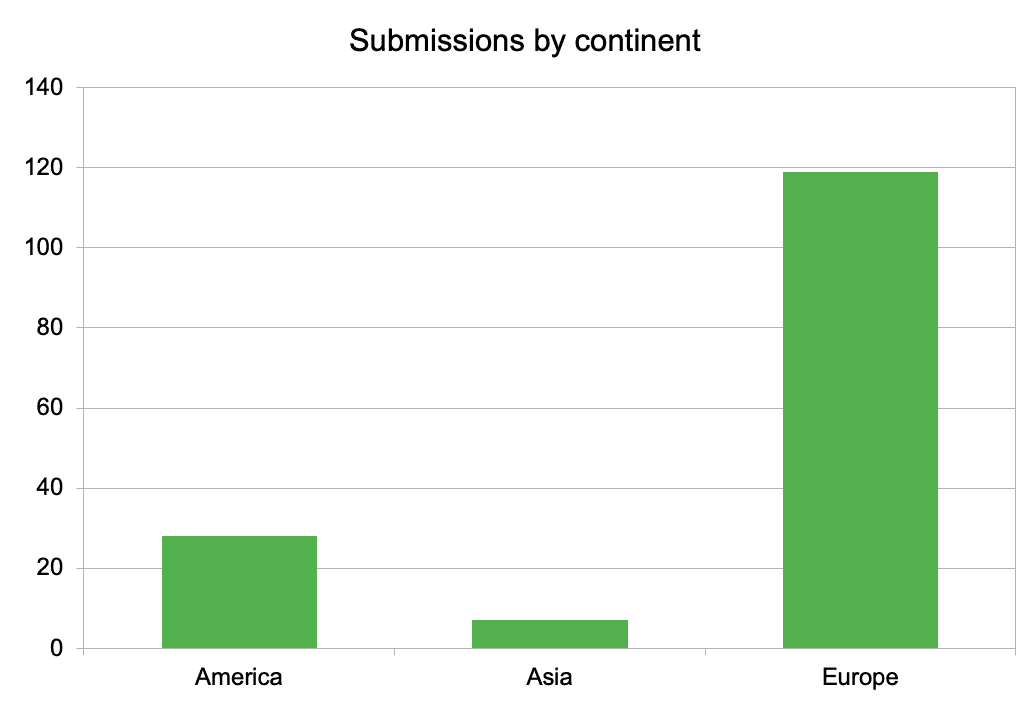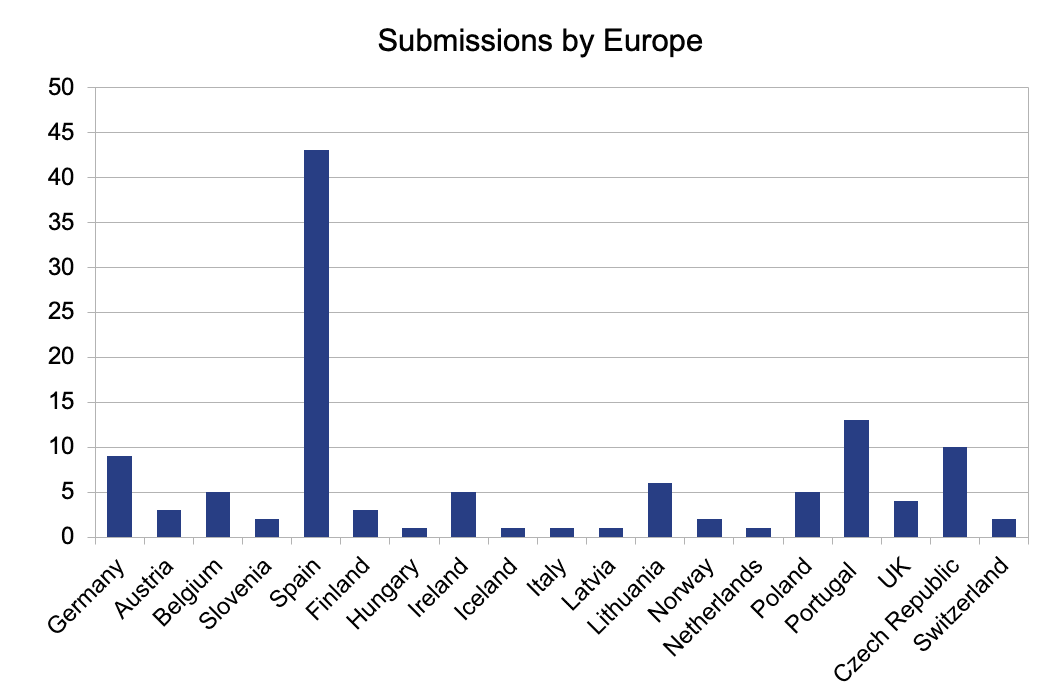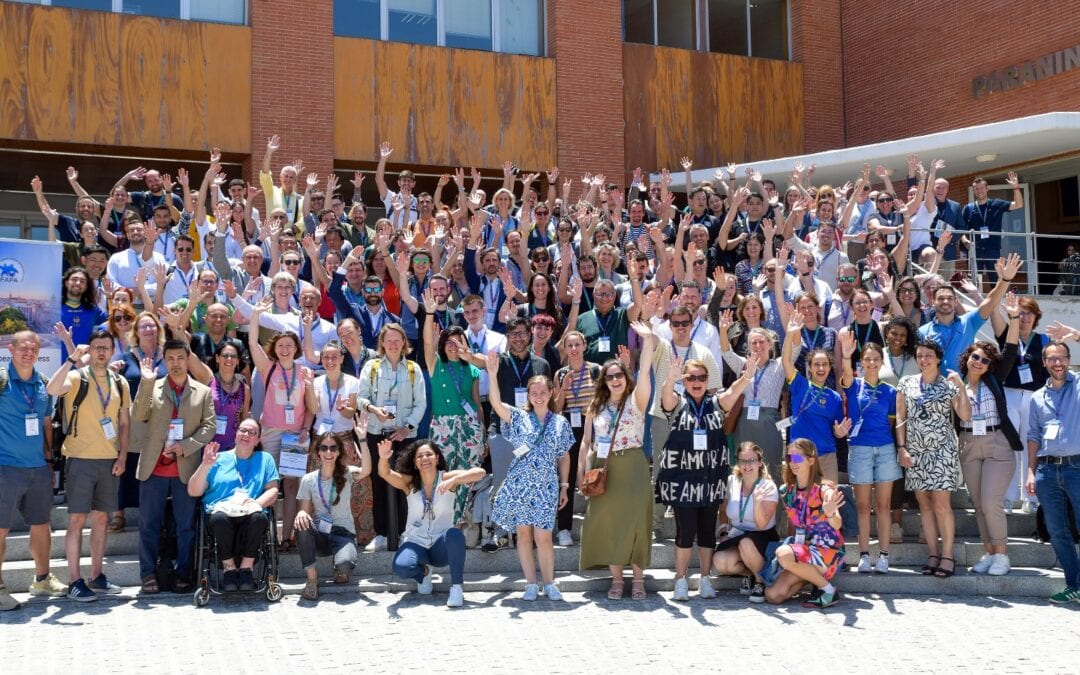Between the 11th to the 14th of June 2024, European Federation of Adapted Physical Activity (EUFAPA) welcomed participants to their bi-annual European Congress of Adapted Physical Activity (EUCAPA 2024) under the headline “Participation and Inclusion in Sport for Quality of Life: Paris 2024 Horizon”.
The 17th version of EUCAPA held at the Pablo de Olavide University in Seville turned out to be a great success. With over 150 contributions, the four days this event lasted was an excellent opportunity for Adapted Physical Activity (APA) researchers form different corners of the world to meet and share their perspectives on the many challenges and possibilities of sports for people with disabilities.
69 oral presentations, 66 posters, 8 workshops, 7 symposiums and 4 professional presentations from mostly Europe (119 contributions), the American continent (28 contributions) and Asia (7 contributions), which added-up to over 19 countries, became part of the many experiences our participants were able to enjoy, think and question, as for the EUFAPA intends.

Additionally, some of the highest APA authorities had the chance to present and discuss part of the frontlines of this field of research and action with other researchers. Most notable, Andrew Parsons the president of the International Paralympic Committee referred to the possibilities of institutions and the scientific community to work together for promoting adapted sports, while Kirstie Simpson from the University of Chester and president of the European Observatoire for Sport and Employment (EOSE) in her keynote “Inclusive employment and workforce development” spoke about the benefits and challenges of creating an inclusive and diverse workforce and how people with disabilities may be a part of that project to ensure the sport sector can fulfil its potential

“Given the significant pressure on the sport sector to modernise while expanding and evolving, EOSE recognises the necessity for a flexible and inclusive labour market. To meet current challenges and positively impact broader agendas, it is crucial to establish clear career structures and pathways with concrete job opportunities. Moreover, those working and volunteering in sport must be equipped with the necessary skills and knowledge through appropriate education.” said Kirstie.

Javier Perez Tejero, EUFAPA President, CEDI (Technical University of Madrid) – EOSE Member) commented on the event:
“We are very satisfied with this edition and by hosting such a world-scale event. Expanding researching and cooperation networks, and also getting to know the people behind the works the daily engage with it is certainly humbling and valuable. Special thanks to the organizers, specially Universidad Pablo de Olavide and the Sanitas Foundation Chair for Inclusive Sports (CEDI), who collaborated to make this event possible”

